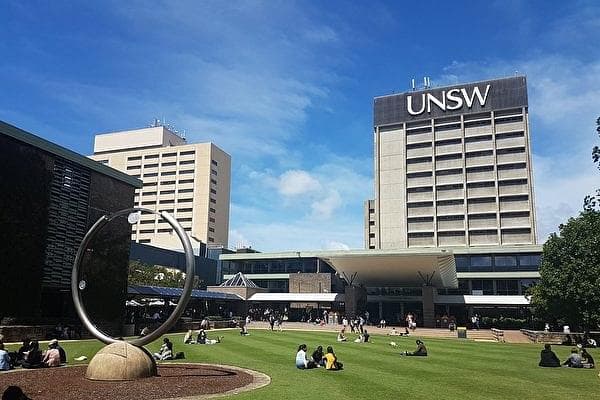Master of Translation and Interpreting at University of New South Wales
Sydney, Australia
- Tuition Fee AU$ 39,615
- Country Rank#1
- Duration24 Months
- Score IELTS: 7 TOEFL: 94
Program Overview
The Master of Translation and Interpreting at UNSW is a two-year full-time postgraduate degree that allows you to specialise in an area relevant to your professional translating and interpreting ambitions.
This degree combines translation studies and interpreting courses with elective courses from applied linguistics to provide you a complementary and comprehensive language education tailored to your interests. You’ll graduate with the knowledge, skills and appropriate certifications required to work as a professional translator or professional interpreter in Australia and beyond.
Our academics provide you with real-world interpreting and translating projects in professional settings. This gives you the opportunity to apply the knowledge and skills you've learned through critical analysis, independent research, project management, and teamwork.
Cost Of Studying At University of New South Wales
Interest rates as low as 8.9% *
250K+
Students Assisted
800Cr+
Loan Amount Disbursed
5000+
Loans Sanctioned
